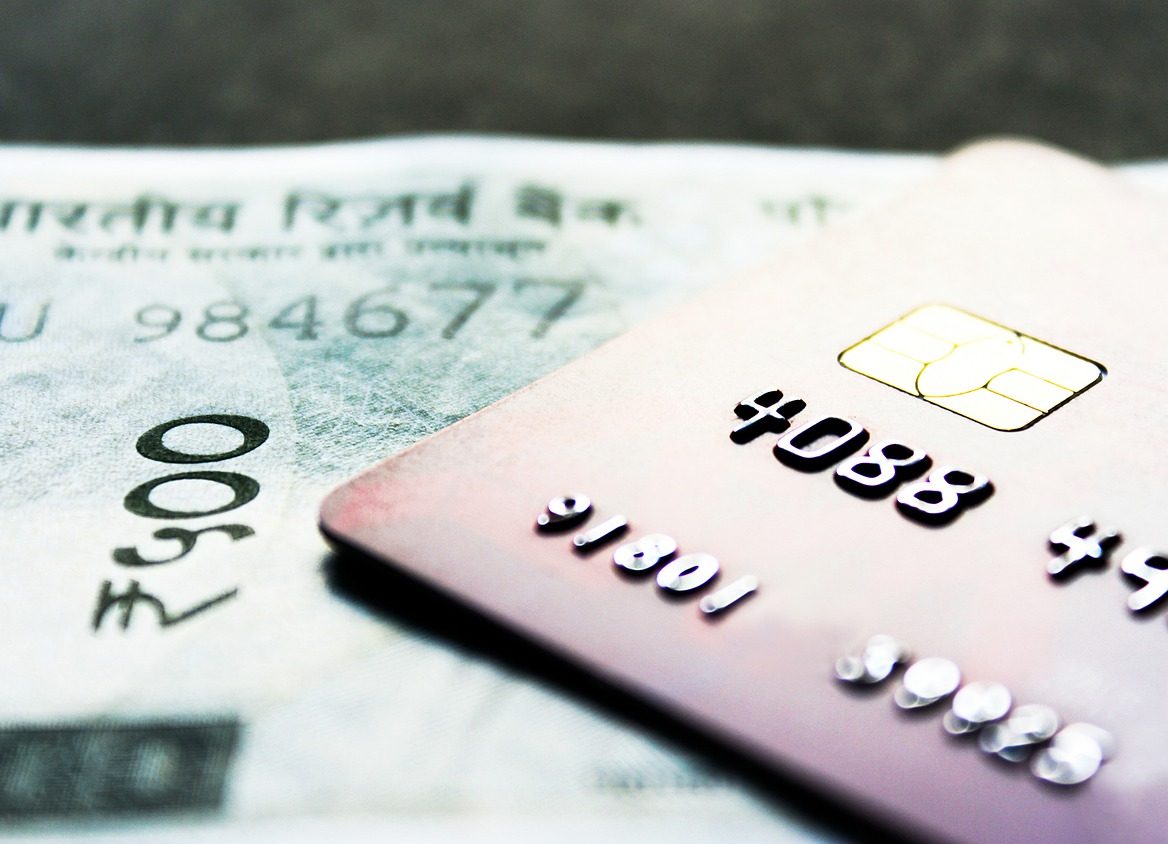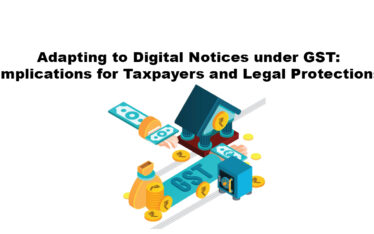In India people transact in cash every day without thinking much about it. In order to curb black money, the Income Tax department of India has imposed various restrictions on cash transactions (receipts and payments) from time to time. Paying or Receiving cash beyond these limits attracts a heavy penalty which can go up to 100% of the amount received or paid.
Below are various provisions, rules and thresholds relating to cash transactions imposed under the Income Tax Act 1961.
What are the various thresholds relating to Cash?
1. Business Expenditure incurred in cash (INR 10,000)
In case an assessee incurs expenditure in respect of which payment is made in excess of INR 10,000* in a single day, then such expenditure will not be considered to be an eligible expenditure under Income Tax Act and the such expenditure will be disallowed in the tax computation.
This law is applicable only when the aggregate payment to the same person during a day exceeds INR 10,000 against one single invoice. If an assessee make payment of two different bills (none of them is above INR 10,000) to the same person in a single day then this provision is not applicable. (Section 40A (3) of Income Tax Act, 1961)
* The limit is extended to Rs. 35,000 in case the payments are being made for plying, hiring or leasing of goods carriage to a person in a single day.
2. Purchase of Fixed Assets in Cash (INR 10,000)
Where an assessee acquires depreciable fixed assets worth more than INR 10,000 by making payment other than by account payee cheque / draft or prescribed electronic mode, then such asset shall not be eligible for claiming normal/additional depreciation under the Income Tax Act
3. Donations U/s. 80G (INR 2,000)
When an assessee (individual, HUF, firm company or any other person) make a donation to any eligible institution or trust, then deduction is allowed to such assesse subject to qualifying limits prescribed under section 80G of the Income Tax Act, 1961. (50%/100% of donation amount, with our without upper limits )
Donation can be given in cash or by Cheque or draft. However, no deduction is allowed if the donation is made in cash above INR 2,000. In other words, donation made only upto 2,000 in cash is allowed as a deduction under section 80G. Cash payment over and above INR 2,000 is not allowed as an eligible deduction.
4. Acceptance and Repayment of Loan, Deposits and Specified Sums (INR 20,000)
No person shall take or accept any loan, deposit and specified sum (all together called as “Loan” for the purpose of this article) from any other person in cash, if
- The amount of such loan or aggregate amount of such loan is more than INR 20,000
- The outstanding loan (whether due or not) along with additional loan to such person as on the date of accepting additional loan is INR 20,000 or more
(Section 269SS)
In similar manner, section 269Tprovides no person shall repay any loan, or deposit with it or any specified advance in cash, if
- the amount of the loan together with the interest, if any, payable thereon, is Rs. 20,000 or more or
- the aggregate amount of the loans held by such person on the date of repayment together with the interest, if any, payable, is Rs. 20,000 or more or
- the aggregate amount of the specified advances received by such person either in his own name or jointly with any other person on the date of such repayment together with the interest, is Rs. 20,000 or more.
(Section 269T)
Please note that exceptions to above sections is provided in case of certain type of persons like government companies, Banking companies, post office, co-op banks and person having agriculture income while receiving loan.
Penalty – Sum equal to the amount of such loan or deposit or specified sum so taken or accepted shall be liable to be paid by the receiver as the penalty under Section 271D of Income Tax Act.
Similarly sum equal to the amount of such loan or deposit or specified sum so repaid shall be liable to be paid by the receiver as the penalty under Section 271E of Income Tax Act
5. Receipt of Cash (INR 200,000)
No person shall receive an amount of Rs 200,000 or more :
- in aggregate from a person in a day (even against different bills)
- in respect of a single transaction (even on different days)
- in respect of transactions relating to one event or occasion from a person (For example, a caterer receives cash of more than Rs. 2 lakh in respect of an event even if separate bills are made and payment are received on separate days.)
Otherwise than by an account payee cheque or an account payee bank draft or use of electronic clearing system through a bank account. (Section 269ST)
Penalty – Sum equal to the amount of such receipt shall be liable to be paid by the receiver as the penalty under Section 271DA of Income Tax Act. No penalty shall be imposable if such person proves that there were good and sufficient reasons for the contravention. Also, the penalty is imposed on the receiver, not on the payer.
6. Cash Payment for Health Insurance Premium
Premium for Health Insurance paid by an Individual or Hindu Undivided Family (HUF) in Cash is not allowable as a deduction under Income Tax Act. Hence one should always make the payment of Health insurance from any mode other than Cash. (Section 80D) Amount paid in cash by an individual or HUF to Life insurance Corporation (LIC) or other insurer to effect or keep in force an insurance on the health of specified person (Self, Spouse, dependent children, parents or any member of HUF)
Where you need to quote your PAN?
(Only cash transactions are covered below for the purpose of this article)
Every person shall quote his permanent account number in all documents pertaining to the transactions specified in the Table below :

Any person who does not have a permanent account number and who enters into any
transaction specified in rule 114C, he shall make a declaration in Form No.60 giving therein the particulars of such transaction.
The provisions of this rule shall not apply to the non-residents referred to in clause (30) of section 2 of the Act in respect of few types of transactions mentioned in Rule 114C.
What Financial Transactions are reported to Income Tax Department?
Sometimes we make transactions with huge amounts without knowing that they are being reported to the Income Tax Department. Rule 114E deals with such financial transactions. Lets look at few cash transactions which are reported to Income Tax Department on timely manner through filling of Form 61A:

The above article is written with an objective to compile in, layman’s language, all cash transactions related provision of the Income Tax Act, 1961 (Act). The contents and language used in above article may be different from the actual provisions of the law; hence we suggest reading the provisions of the Act before using the information provided above.





